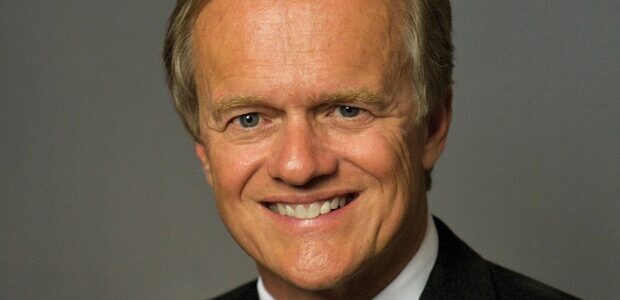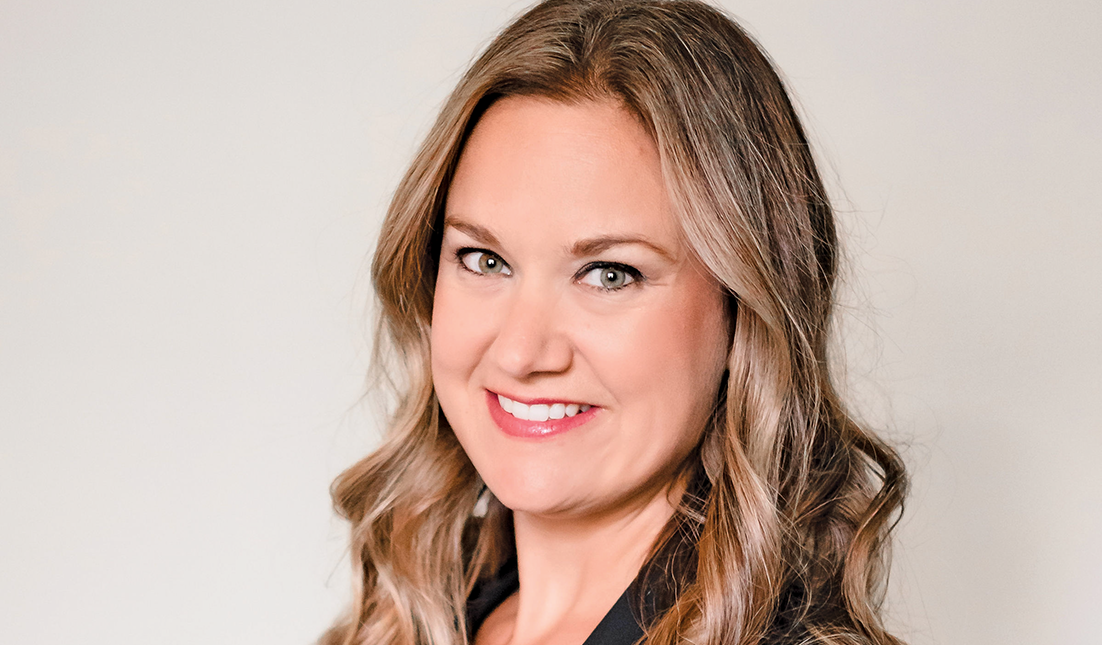Generational generalizations

While interviewing Dr. Michael O’Connor, executive vice president of Spader Business Planning, I asked how developing Millennials for future leadership roles differed from developing previous generations. And I immediately tensed up while I awaited the answer, as I always do whenever I ask about this generation.
I am a Millennial, so these are my people, and I spend a lot of time in my personal life defending us/them (We don’t all live at home! We don’t all spend our entire lives on our phones! We don’t all have purple hair!).
Dr. O’Connor’s response was incredibly insightful. He highlighted six key characteristics of Millennials for leaders to understand and respond to, and I would say that these attributes accurately and fairly describe my peers and me:
- Millennials are responsive to clear and reasonable expectations via goals, deadlines and tasks;
- Millennials are team-oriented, preferring cooperative and sharing environments where they feel involved;
- Millennials seek engagement and want to be connected, included and informed;
- Millennials are success-driven, motivated by recognition, progress and feedback;
- Millennials seek balance in both their work and personal lives, and they operate on a ‘work to live’ mentality; and
- Millennials value honesty, openness and transparency in their workplace, and they respond poorly to negative surprises.
However, it’s important to consider that any generalizations about an age group are just that – generalizations. In highlighting these traits, Dr. O’Connor recognized that, while each generation has its own set of beliefs and preferences, individuals vary widely in these groups and develop other points-of-view and patterns throughout their lives.
There are a lot of adjustments that need to be made when working with, training and developing Millennials, but every previous generation has had to adapt to a new generation’s attitudes.
That being said, there is a sharp difference between an individual who is ambitious and wants to be proactive in developing their career, and an individual who is disrespectful and a toxic employee. Millennials and toxic employees are not mutually inclusive, so it is important to identify which traits apply to an employee.
What we all need most is a mutual respect between generations: that those who have been in business for years have valuable experience to offer and the new generation has the capability to flourish. That respect is the key to effectively leading employees and developing leaders for the future.




